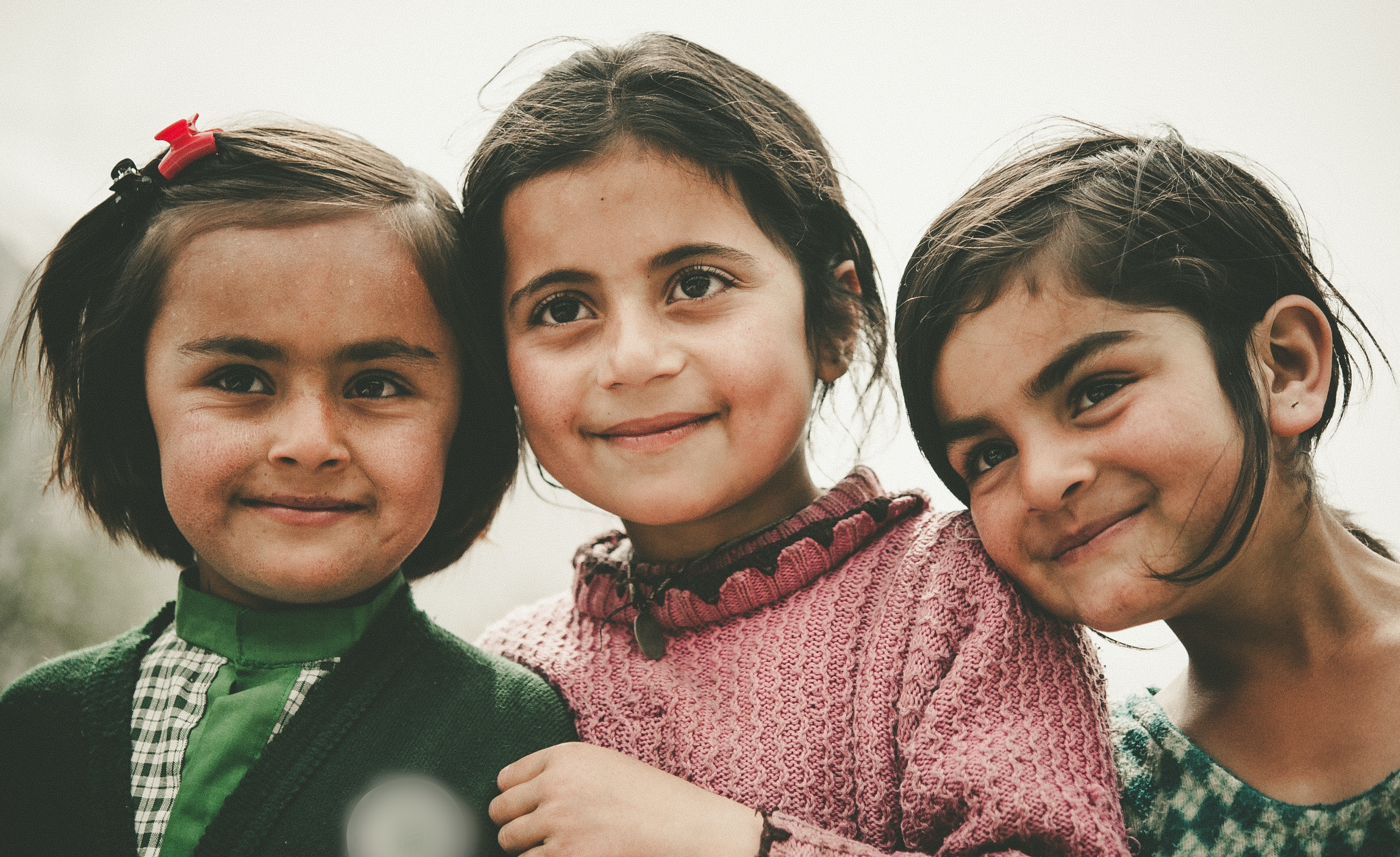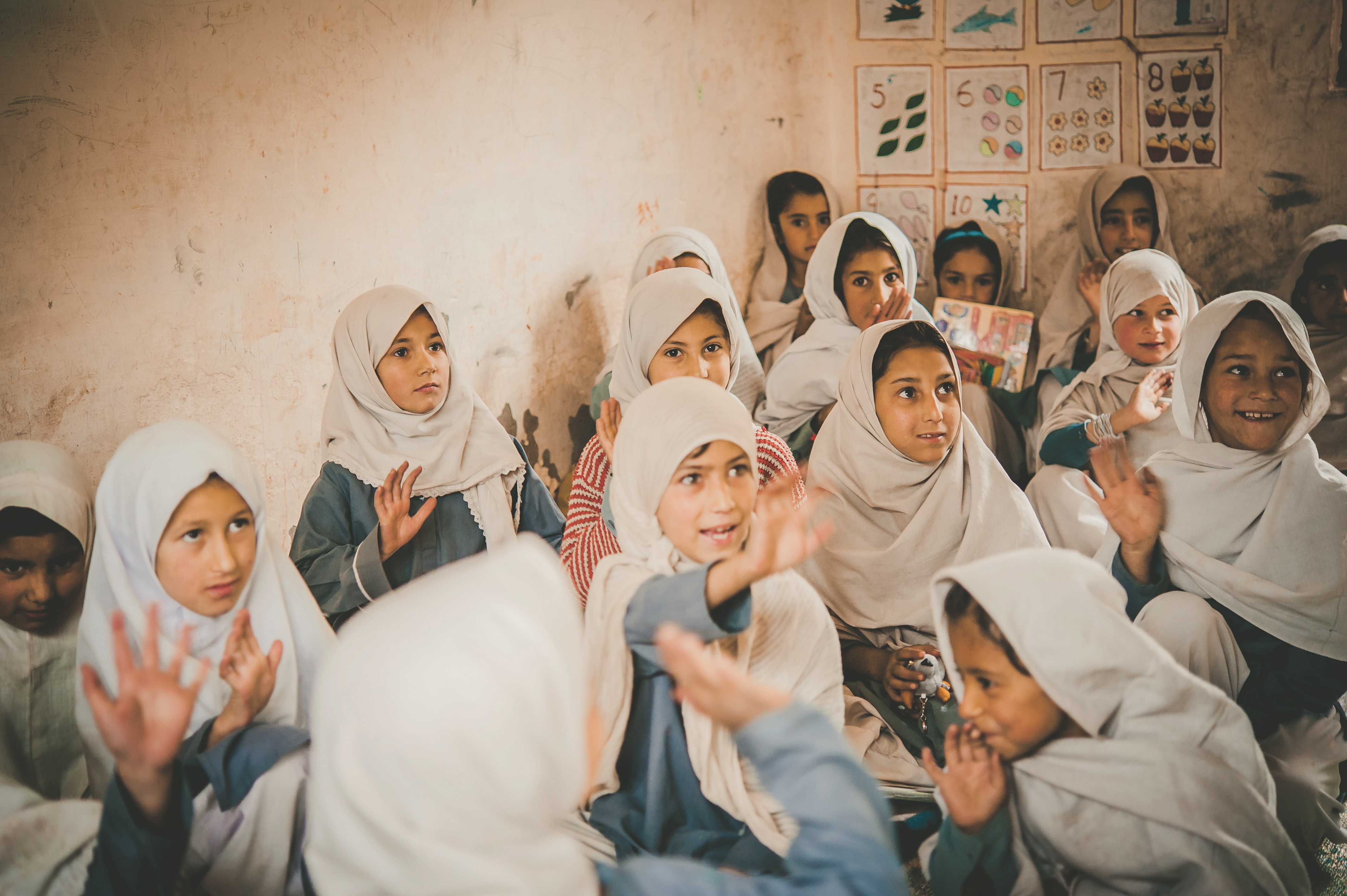More girls drop out and schools close due to Covid-19 in Pakistan
Parents, Teachers & School Proprietors on the impacts of COVID-19 in Pakistan
The intertwined impacts of Covid-19 and economic crises are severely harming the livelihoods of numerous market segments in Pakistan, especially daily wage earners, low-income households, small scale businesses, start-ups, teachers and school proprietors. The health crisis has been enormous, with close to 400,000 confirmed cases in the country and 7,500 deaths to date. As Pakistan grapples with Covid-19, the economic impact is increasing. The economy is expected to shrink significantly, with imports and exports decreasing 50-60% and 10-20% respectively, and employment loss estimated over 20%. (Source: State Bank of Pakistan)
To better understand the direct impacts of the pandemic on the lives of those at the center of the education ecosystem, Opportunity EduFinance undertook a COVID-19 impact assessment, surveying 1,802 financial institution partner clients. (Survey Sample: 1,188 parents, 362 school proprietors, 252 teachers)
Parents surveyed reported the impact on their businesses and work as the greatest cause of serious economic and social concerns.
-
83% of parents’ self-owned businesses had completely shut down;
-
Only 36% of parents had a small amount of savings, which had mostly been used up;
-
About one-third of parents’ mentioned concerns over children’s education being adversely impacted due to school closure; and,
-
A quarter of parents reported their households not being able to afford essential food products, like fruit and milk.
Teachers identified several major concerns:
-
75% identified using up their personal savings due to job loss or insecurity as a major issue; and,
-
52% of teachers expressed concerns that they would not be able to afford their own children’s education.
School proprietors' primary concern was the sustainability of their schools due to parents’ inability to continue paying fees during closures, while expenses like utility bills were ongoing. This resulted in a huge gap between cash inflows and cash outflows for many school proprietors.
10,000 affordable non-state schools permanently closed due to COVID-19
Out of 207,000 affordable non-state schools in Pakistan, over 10,000 schools have already permanently closed due to non-collection of fees during the 6-months of school closures (March - September 2020). Now, with the second wave of COVID-19, schools have been told to close in-person classes again and resume remote learning through year-end. This could lead to another 15,000 or more schools closing down permanently with adequate financial support. (Source: President, All Pakistan Private Schools Federation)
Possible solutions to revive the education sector of Pakistan must include providing financial support and protection from the economic consequences of the Covid-19 crisis. Our research highlighted the importance of financial institutions rolling out financial products that are directly responsive to the education sector hardships created by Covid-19. These products can include:
-
School improvement loans tailored for school health and safety improvements, such hand washing stations and classroom ventilation improvements;
-
School overdraft facilities to meet working capital requirements to cover fixed costs during closures, and to restart operations once school reopens,
-
Loans to education suppliers of essential products and services to schools like books and uniforms.
The first priority should be to provide necessary access to capital to ensure sustainability of schools in Pakistan. These loans should be coupled with programs that offer training and guidance on pressing topics, such as how teachers can deliver effective online lessons, support for parents to help children benefit from digital classrooms, and resources for school leaders on financial management during a crisis. A comprehensive support strategy may also include subsidized rates, interest-free loans, education grants and scholarships aimed at sustaining and reviving the education sector in Pakistan.

60% of the 13 million students who did not return to school in September were girls
When the lockdown started, about 26.1 million students unenrolled and dropped out of school. In September 2020, schools were allowed to reopen and about 50% of the students who had unenrolled in March 2020 returned to classes. This means approximately 13 million children remain unenrolled, of which 60% are girls according to the All Pakistan Private Schools Federation. This triangulates with EduFinance COVID-19 impact assessment findings that out of a sample of 1,188 parents, 63% stated they do not plan to send their daughters back to school, while 94% said they will send their sons back to school when schools fully reopen.
Financial institutions can play a key role in addressing the risk that children may be engaged in child labor and used by families to generate needed household income during this time. School fee loans with flexible repayment schedules linked to the cash flow cycle of the parents’ business activities can provide families more options to make education decisions. It is highly recommended financial institutions pay the fees directly to the schools to avoid diversion of funds, which is a heightened risk during the crisis.
Moreover, some parents need scholarships for their children’s education. Many parents want their children to be in school but cannot afford education expenses during the pandemic. A possible solution could be in the form of no-interest or subsidized rate school fee loans, offered alongside scholarship programs for needy students with high attainment. Special scholarship programs to promote girls’ education would likely help increase re-enrolment rates of girls returning to school.
Major coping mechanisms included reducing expenses and finding alternative revenue sources
The study found the primary coping mechanism across different market segments was cutting down expenses, as highlighted by 84% parents, 63% school proprietors and 29% teachers. The second most common coping mechanism was searching for alternate sources of revenue, with 20% of school proprietors already engaged in parallel business activities. Agriculture was the most popular parallel business identified, with 73% of school proprietors engaged in farming activities.
Business advisory services could provide valuable additional support to the school community during the pandemic. Covid-19 has pushed many businesses to become digital. Low-income clients are aware about online business opportunities but many lack facility and knowledge of digital marketing and need specialized training.
An additional solution for schools would be to develop an agribusiness loan product tailored for schools to generate alternate income, as well as save on costs of providing food to boarding students. Moreover, schools could offer a specialized farming curriculum with learning goals so that students can be taught skills such as planning, analysis and finance, as well as ‘soft-skills’ on patience, collaboration and handling setbacks. However, to mitigate risks it is important to train loan officers, explore linking crop insurance to the product, and ensure schools follow child protection policies and best practice at all times so that children are not engaged in the cultivation of crops as labor.
Low-income families are the hardest hit by the pandemic
The challenges that Pakistan currently faces are diverse and volatile. The biggest issue is uncertainty. Lockdowns to reduce the spread of Covid-19 across Pakistan have hit the low-income communities the hardest, placing an undue burden on the marginalized segments of society given their economic vulnerability. A majority of such households lack the cash to meet basic needs right now, and are struggling to feed their families. There is no doubt that poverty levels among individuals in informal employment are much higher than individuals in formal employment. Without effective social safety nets, these families will be the hardest hit by the pandemic.

Without action, the risks are clear, captured in this quote by a concerned parent that participated in the study. “I am really disturbed about my children’s education. It will be good if I get scholarship or grant for school fees to send my children to school, otherwise I will need to drop at least one child from school, which will be my daughter.”
Financial institutions can play a unique role in supporting the education sector in Pakistan by providing tailored loans that are responsive to the needs of school proprietors, teachers and parents during this time. In additional to other critical safety net measures needed, access to capital can ensure more girls return to school and more schools do not permanently close.
Ommara Raza Ali is Senior Technical Assistance Advisor for Asia
.jpg)